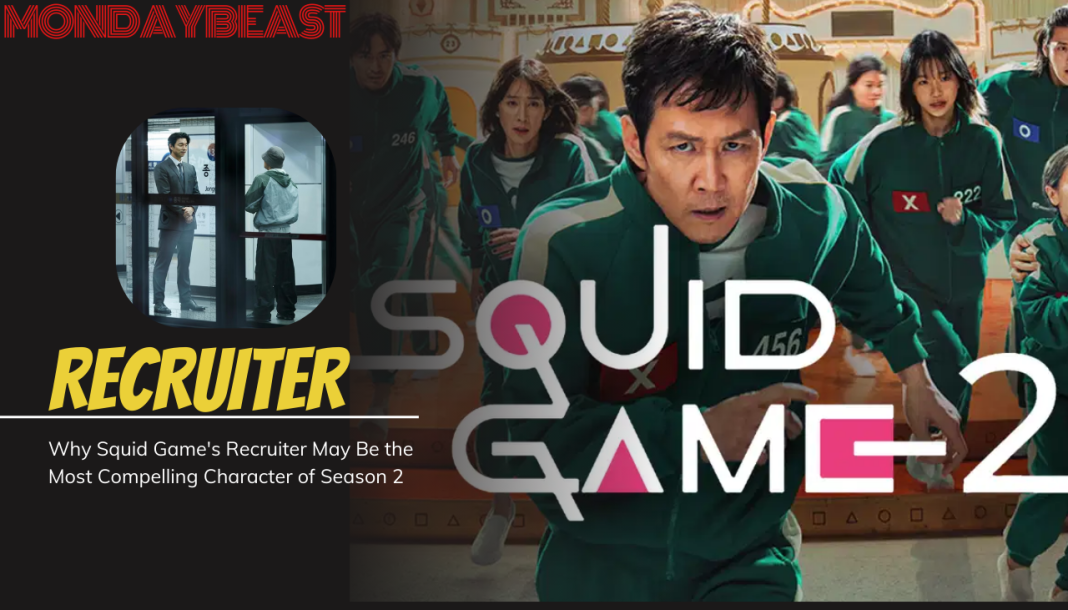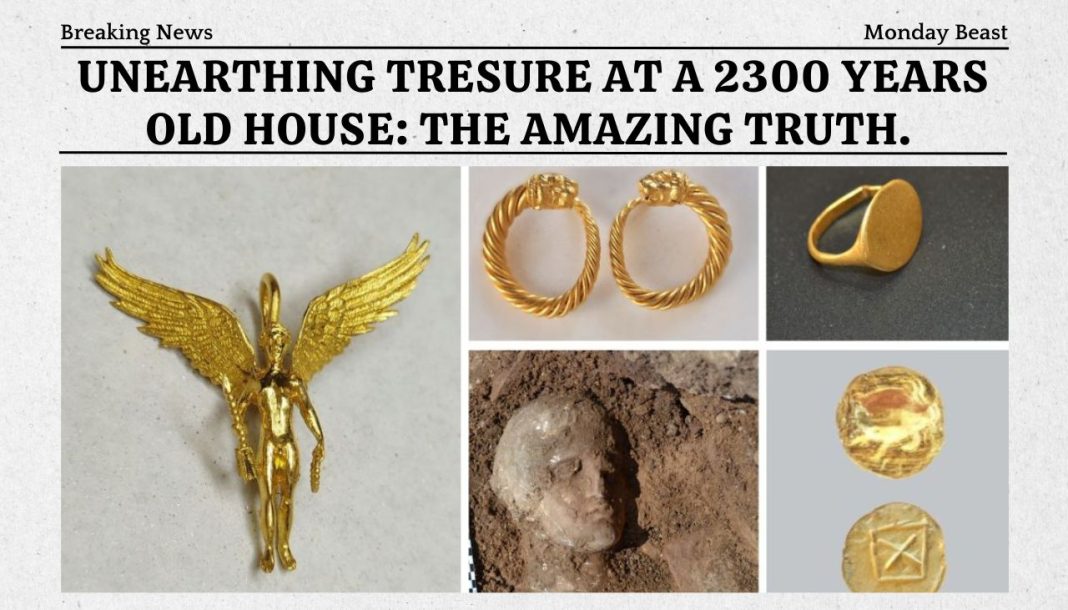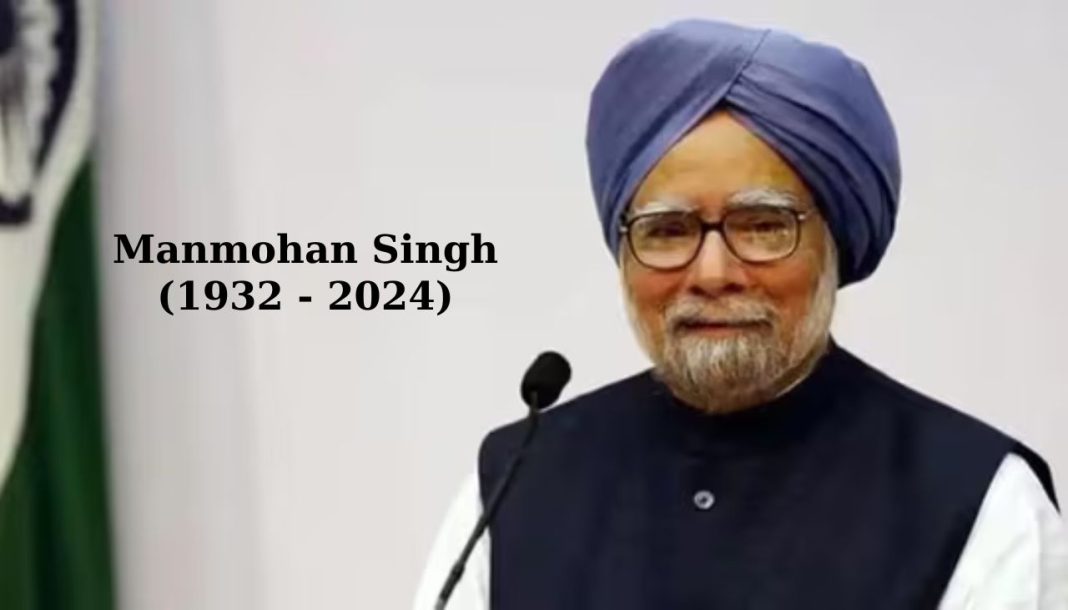The return of Squid Game has fans buzzing. The show dives deeper into its themes of desperation and morality. But most thrilling is the return of Gong Yoo’s character, the Recruiter.
He appeared briefly in Season 1. Yet, he left a mark that fans won’t forget. How does desperation manifest in a world driven by greed?
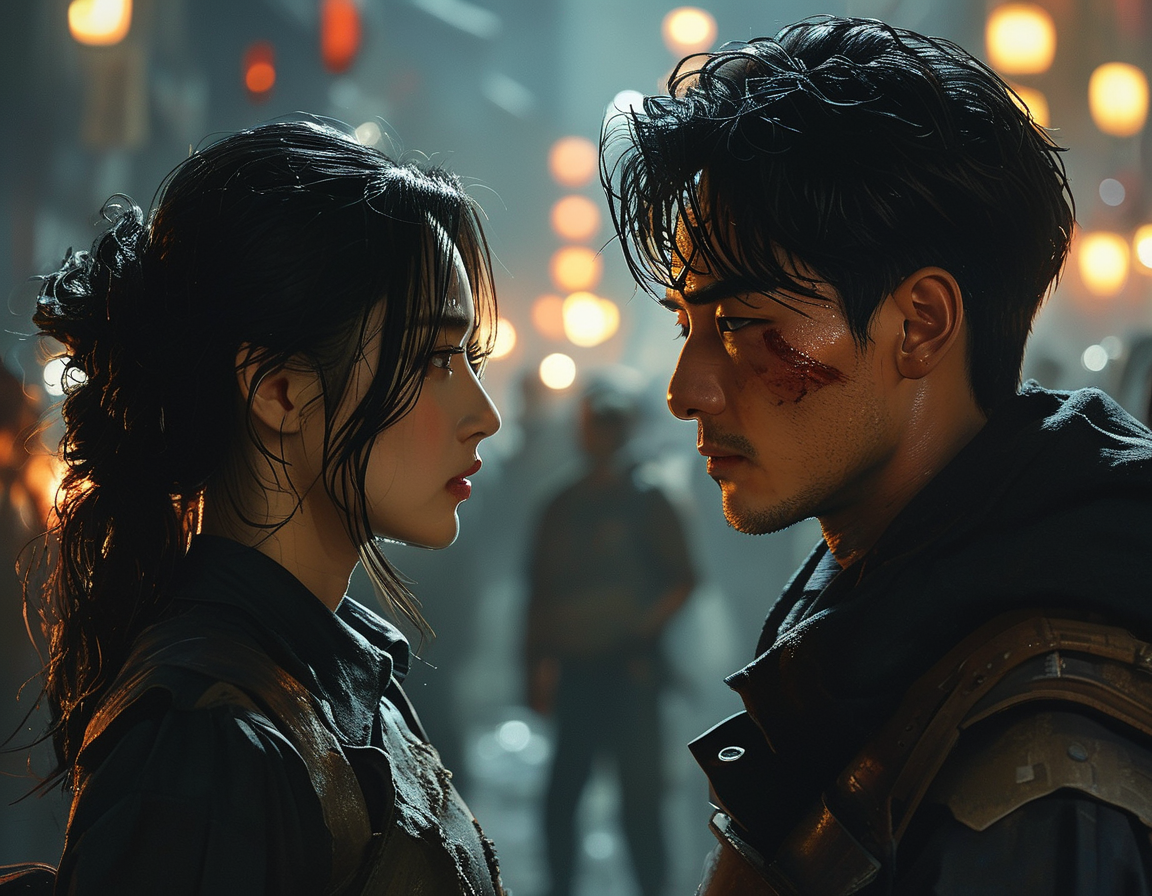
That’s the question at the heart of Season 2. The Recruiter embodies that struggle. How do people navigate systems that seem rigged against them?
In the season premiere, Gi-hun is back. He has turned his winnings into a weapon against the game’s organizers. But the path is fraught with moral dilemmas and chaotic interactions.
Enter the Recruiter, our dapper harbinger of doom. His charm and ruthlessness offer insights into human desires. Is there clarity in chaos, or should we fear it?
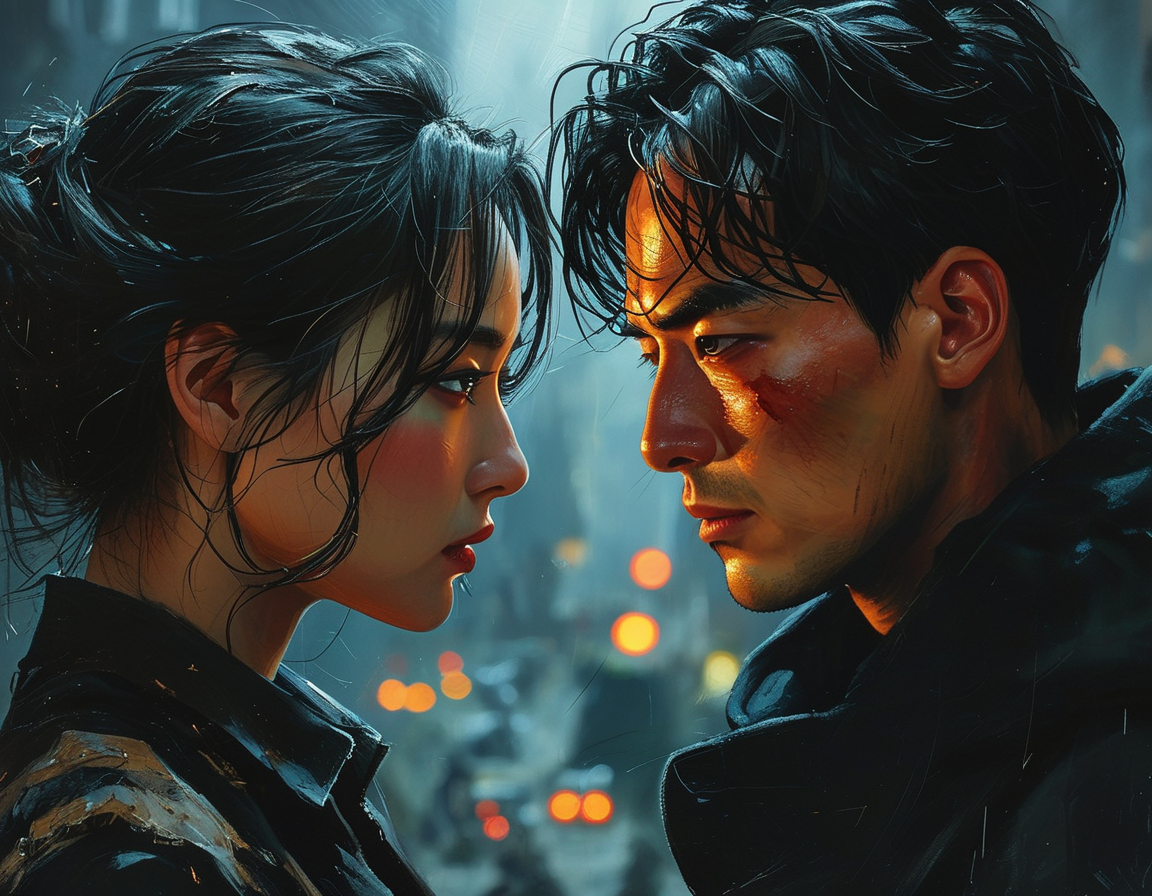
The excitement begins when Gi-hun tracks down the Recruiter. He hires loan sharks—echoes of his past. It feels both familiar and unsettling to watch.
The stakes have never been higher. The Recruiter offers bread or lottery tickets to the needy. This moment crystallizes the dark humor at play: hope versus despair.
When many choose the lottery, it’s almost heart-wrenching. The Recruiter laughs, demanding coins from the losers. What does that reveal about human nature?
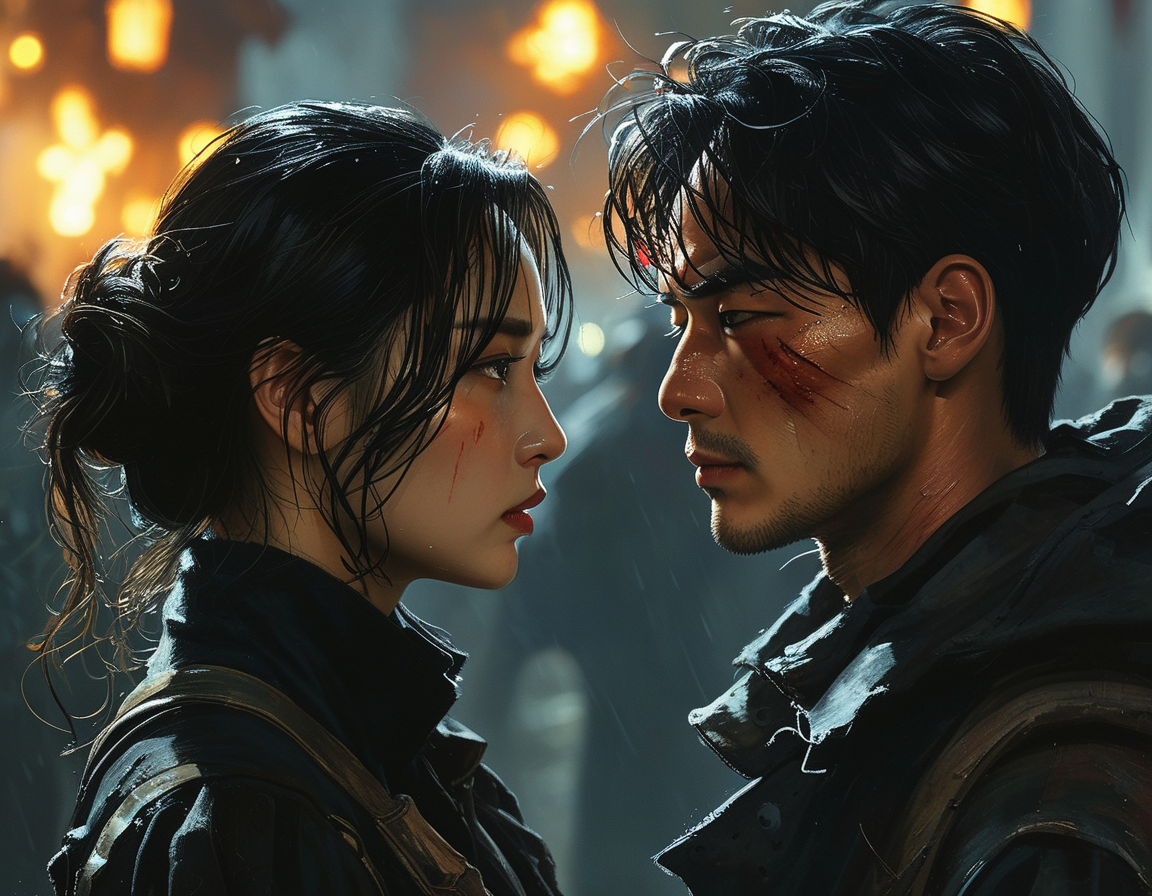
The scene is hard to shake off. He crushes bread underfoot, a disturbing show of power. It reflects the cruel whims of fate and capitalism’s brutal reality.
This round of the game pushes ethical boundaries. The Recruiter, now a charismatic antagonist, thrives on clear cut victories. Yet, it’s Gi-hun’s growth we’re watching.
As the new season unfolds, viewers wonder: can a revolution succeed? Gi-hun is faced with a system stacked against him. Is he the one to dismantle it?
We learn that the Recruiter is not just a villain. He represents something deeper—an archetype for society’s pitfalls. This makes him more relatable, even as he invokes fear.
The episode culminates in a tense exchange between Gi-hun and the Recruiter. Tensions rise, but so does understanding. It’s less about winning, more about survival.
In the most dramatic moments, humanity shines through. Gi-hun challenges the Recruiter’s motives. It’s a confrontational dialogue that poses real questions.
What makes a person a “winner” in such a landscape? The contrast between Gi-hun and the Recruiter is undeniable. But is either truly better?
As we watch, we question the morality of both. Are they victims of their circumstances or architects of their demise? The show continues to hold up a mirror to society.
The introduction of chaotic characters adds depth to the story. The former influencer turned desperate player is a case in point. He mirrors the pitfalls of risk-taking in our world.
The idea of exploiting moral boundaries resonates strongly. Are we all just trying to survive amidst chaos? Maybe the lines start to blur more than we think.
The juxtaposition of Gi-hun and the Recruiter is fascinating. One seeks redemption, while the other relishes in manipulation. What does that say about our choices?
The Recruiter’s motivations bring chaos to the forefront. He thrives in his dark game, adhering to a twisted moral code. This personification of chaos becomes intriguing.
At what cost does ambition come? Is the game just a game to him? Or is it a reflection of a deeper socio-economic critique?
This season, we see Gi-hun struggle intensely with his decisions. Can he rise above the chaos or will he fall into it? The tension is palpable, almost cinematic.
In many ways, the Recruiter serves as a dramatic foil. The character’s appeal lies in his dark humor and charisma. He manipulates not just players, but the audience as well.
Each scene with the Recruiter pushes the envelope. It invites viewers to consider their own choices. Where do we draw the line between ambition and morality?
As the series progresses, each character reflects a different aspect of society. Characters are caught in the web of capitalism. Are they a reflection of our reality?
In the end, these questions linger as the games unfold. Can viewers find answers within themselves? Or is the show just a spectacle of violence?
The Recruiter remains compelling, with Gong Yoo’s performance anchoring the chaos. His presence is a reminder of the deeper themes at play. What truly makes us human in the face of systemic greed?
The narrative invites us to contemplate these ideas. It’s about survival in a flawed system, reminding us we’re all pawns. Just what does it take to escape the game?

